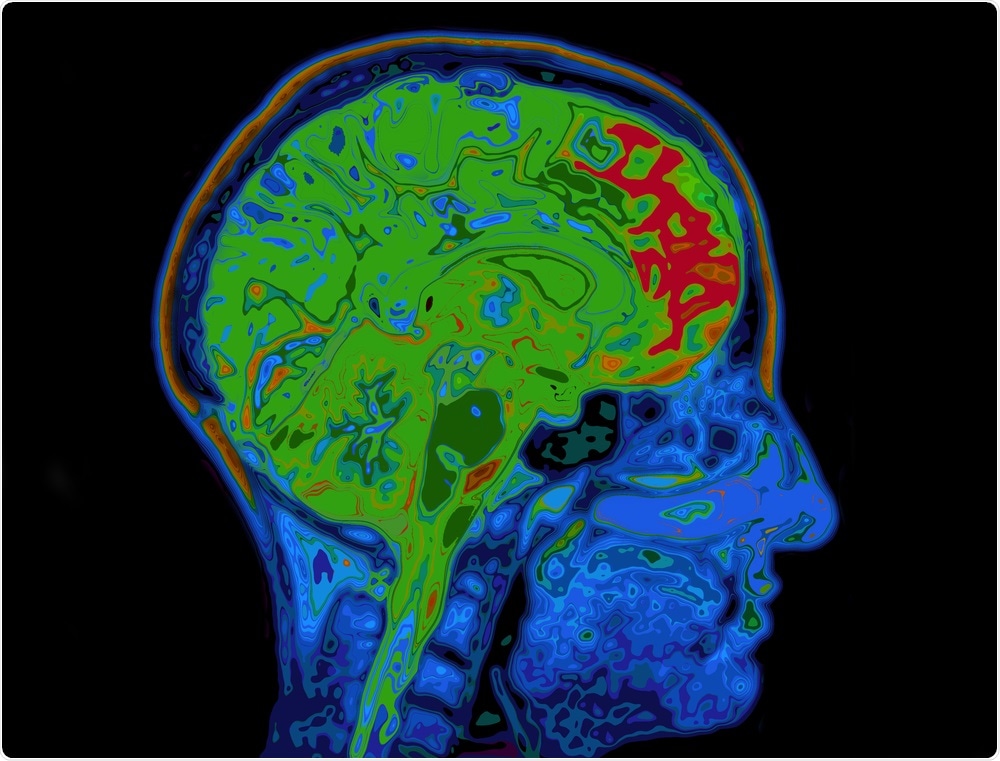An intriguing new study has marked the beginning of the answer to a medical mystery: why is it that some people with classic markers for Alzheimer’s Disease never show any signs of dementia throughout their life?
 Image Credit: SpeedKingz / Shutterstock
Image Credit: SpeedKingz / Shutterstock
Alzheimer’s disease (AD) is the most widespread form of dementia and has now been reported in more than 5 million Americans.
In this condition, the brain becomes overrun with two types of proteins; amyloid beta protein, which forms plaques, and tau protein, which causes masses of neurofibrillary tangles.
Previous studies have demonstrated the presence of similar plaques and tangles in both demented and non-demented people with AD-like brain changes but revealed that brain synapses were spared in the latter.
This is important because the synapses are the intersections where nerve fibers actually exchange information.
If these proteins interrupt or prevent this neuronal crosstalk, cognitive processes such as memory and thought processes suffer.
The next key question was then what makes the synapse of these resilient individuals capable of rejecting the dysfunctional binding of amyloid beta and tau?"
Giulio Taglialatela, Director of the Mitchell Center for Neurodegenerative Diseases
The answer was sought using high-throughput electrophoresis and mass spectrometry to examine the type of protein expressed at the synapses of frozen brain tissue.
Brain tissue used was donated by deceased individuals who had taken part in studies on brain aging and had undergone yearly checkups to assess the health of their nervous systems as well as any psychological ill-health stemming from brain disease, over the course of their lives.
Three groups of participants were identified; those with AD, those with AD-like brain changes but no symptoms of dementia, and those with no brain changes typical of AD.
The study showed that people whose brains showed synaptic sparing despite the presence of AD proteins had a specific type of protein expressed at the synapses, which was not seen in the other two groups.
This protein signature is likely to be the reason why the synapses resist the buildup of the toxic proteins, enabling these individuals to retain normal cognitive function.
Giulio Taglialatela pointed out the importance of this finding, while indicating the direction of future research.
Admitting that scientists could not account for this level of protection by known biological mechanisms, he said, “Understanding such protective biological processes could reveal new targets for developing effective Alzheimer's treatments."
The study was recently published in the Journal of Alzheimer's Disease, and was carried out by Taglialatela and other researchers at The University of Texas Medical Branch at Galveston.